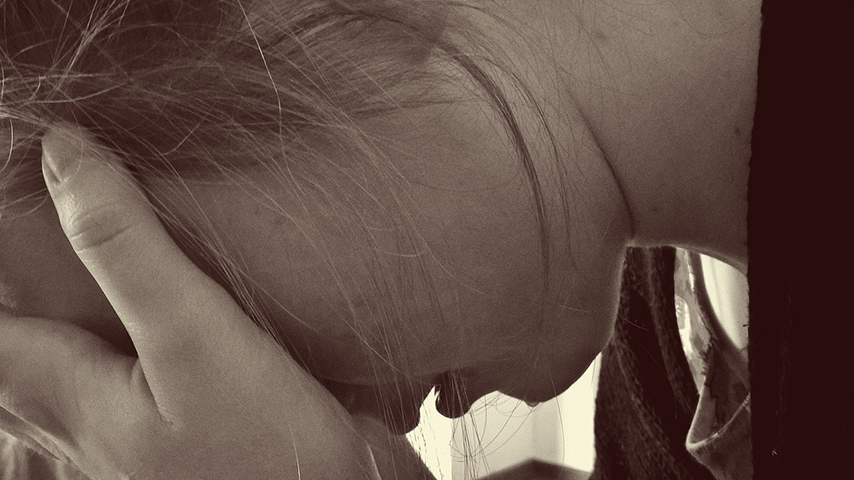
What can I do about it?
Both anxiety and stress have a strong relationship with fear. All emotions have a valence, positive (joy) or negative (sadness). But they also have what we know as a level of activation or arousal. In other words, there are emotions that activate us, such as anger or fear, and others that deactivate us, such as sadness. The solution, therefore, is to reduce the activation or intensity of the emotion of fear. In this way we can reduce anxiety and stress through relaxation techniques.
We propose two relaxation techniques that have been scientifically proven to be effective in reducing anxiety and stress, choose the one you like best. The two are different, Jacobson's progressive relaxation, which is a more behavioural technique that involves using mainly the body, and Shultz's autogenic training, which requires more cognitive work and, therefore, more use of thought. However, both techniques require perseverance to learn and, therefore, a constant routine. Don't expect them to work completely immediately, they will reduce anxiety and stress little by little. With perseverance, they are very effective. Practice them, as much as possible, every day.
- Jacobson's progressive relaxation. Both anxiety and stress produce a marked muscular contraction of which we are often unaware. Progressive relaxation is based on achieving muscular relaxation with the aim of reducing anxiety and interrupting stress responses. It consists of a series of exercises to perceive the contrast between muscular tension and relaxation. In this link you have a document for training in this technique.
- Schultz's autogenic training. Autogenic training is a much more cognitive, more thought-based technique. It is based on thoughts about physical sensations in one's own body, especially weight sensations.
Ask for help
When we feel unwell, we sometimes find it very difficult to ask for help. If we feel that we cannot cope with the situation we are in on our own, we should ask for professional help. Health professionals in health centres and hospitals will be happy to help us. It is important not to wait until we are very ill to ask for this help, as it is always much easier to solve problems related to our mental wellbeing in their early stages. If you are unwell, do not hesitate to ask for help.